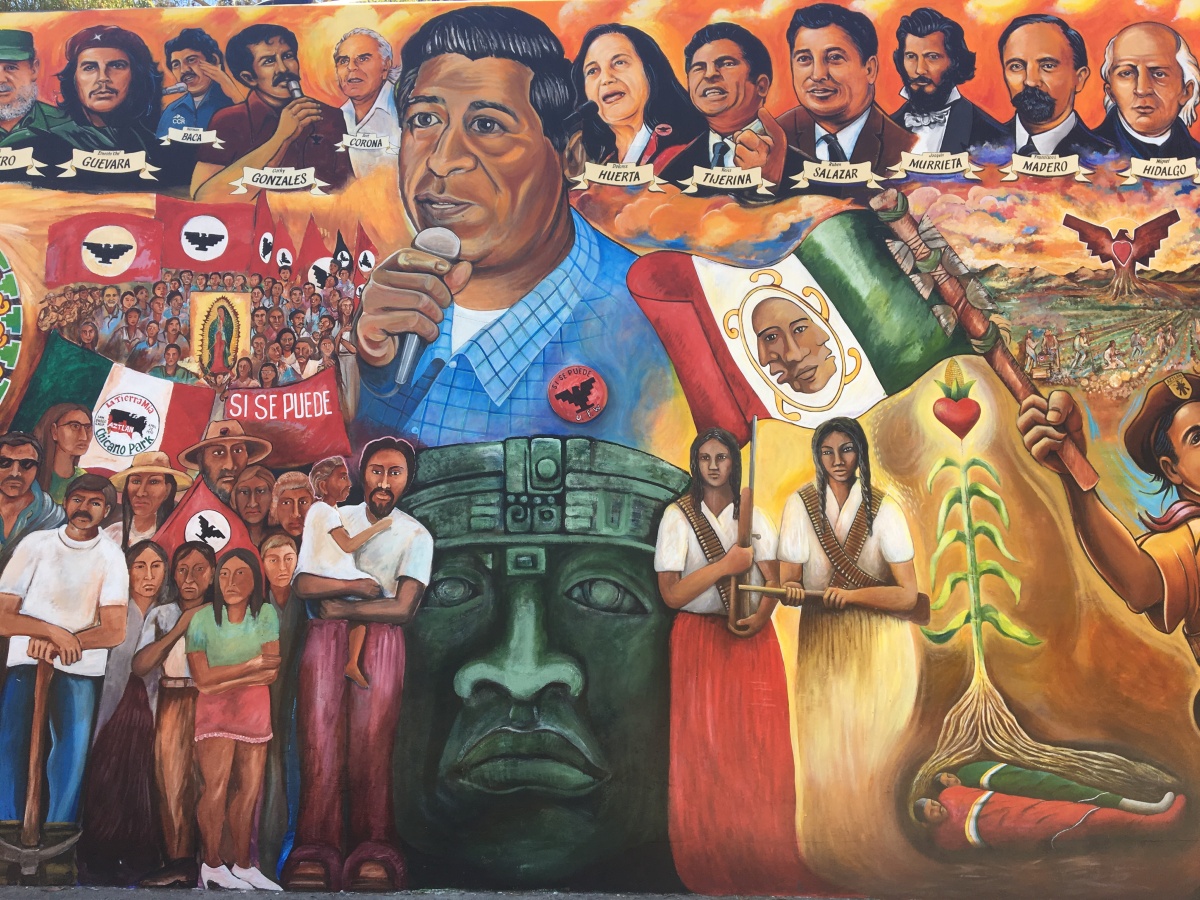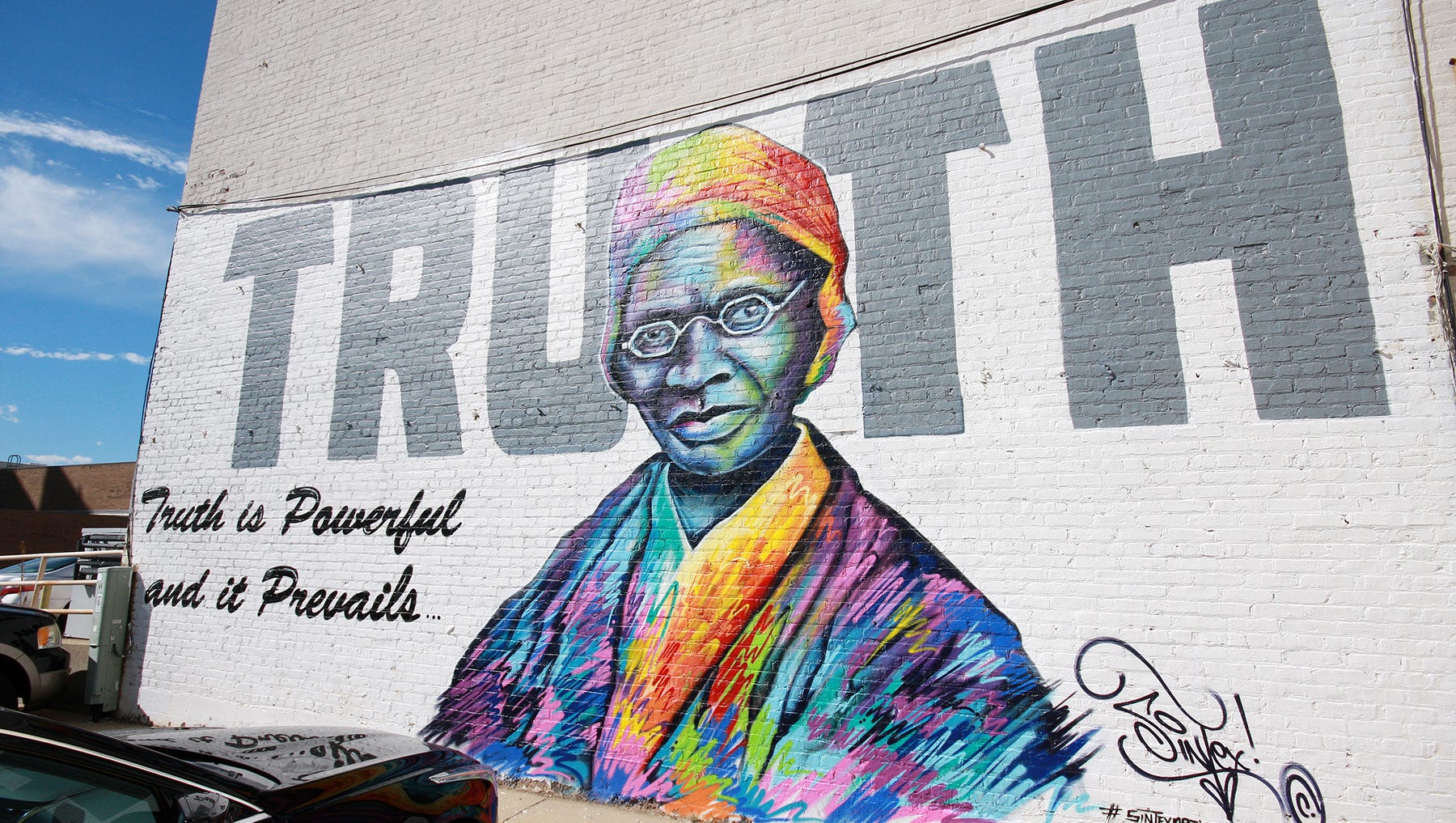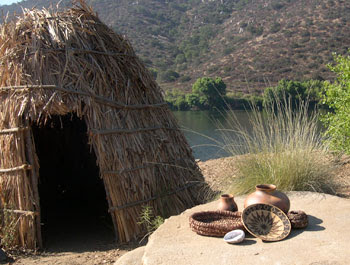
Culture, People and Ideas
Culture, People and Ideas programs at Cuyamaca College engage students in the study
of global cultures as well as the rich cultures and experiences of African American,
Asian American, Latino/a/x American, Middle Eastern American, and Native American
peoples, with a focus on the Kumeyaay. These programs also examine the connections
between current events and the past; the meaning of human existence, values, and knowledge;
as well as culture, religion, and human creativity.
Careers you can explore in Culture, People and Ideas Programs
Students following this career path can find employment in law and business; nonprofit
and advocacy work; research; museums, archives, and historical sites; education; government
service, politics, lobbying, and diplomacy; religious institutions; and journalism
and publishing.
According to the Federal Reserve Bank of New York's"Labor Market for Recent College Graduates" report, the mid-career median salary for History majors is $70,000 a year, for Ethnic Studies majors it is $80,000 a year, and for Philosophy majors it is $71,000 a year.
Visit the program pages below and the Career Center to learn more about the different career options available in Culture, People & Ideas programs.
Skills you will learn in Culture, People and Ideas Programs
- Interpret and evaluate evidence (i.e. primary sources, statistics, archives, existing research, etc.) by analyzing biases, patterns, trends, and relationships.
- Evaluate and apply course content to students’ lived experiences and current events.
- Analyze how power and privilege operate in society, through the categories of race, class, gender, ethnicity, and sexuality.
- Develop and support arguments using academic and organic evidence (i.e. cultural, traditional, and experiential knowledge).
- Research and explore career options and/or obtain experience in a career field.
| Apply & Enroll | Academic Calendar | Catalog |
 |
 |
 |
| Resources & Events |
Financial Aid | Counseling |
 |
 |
 |





